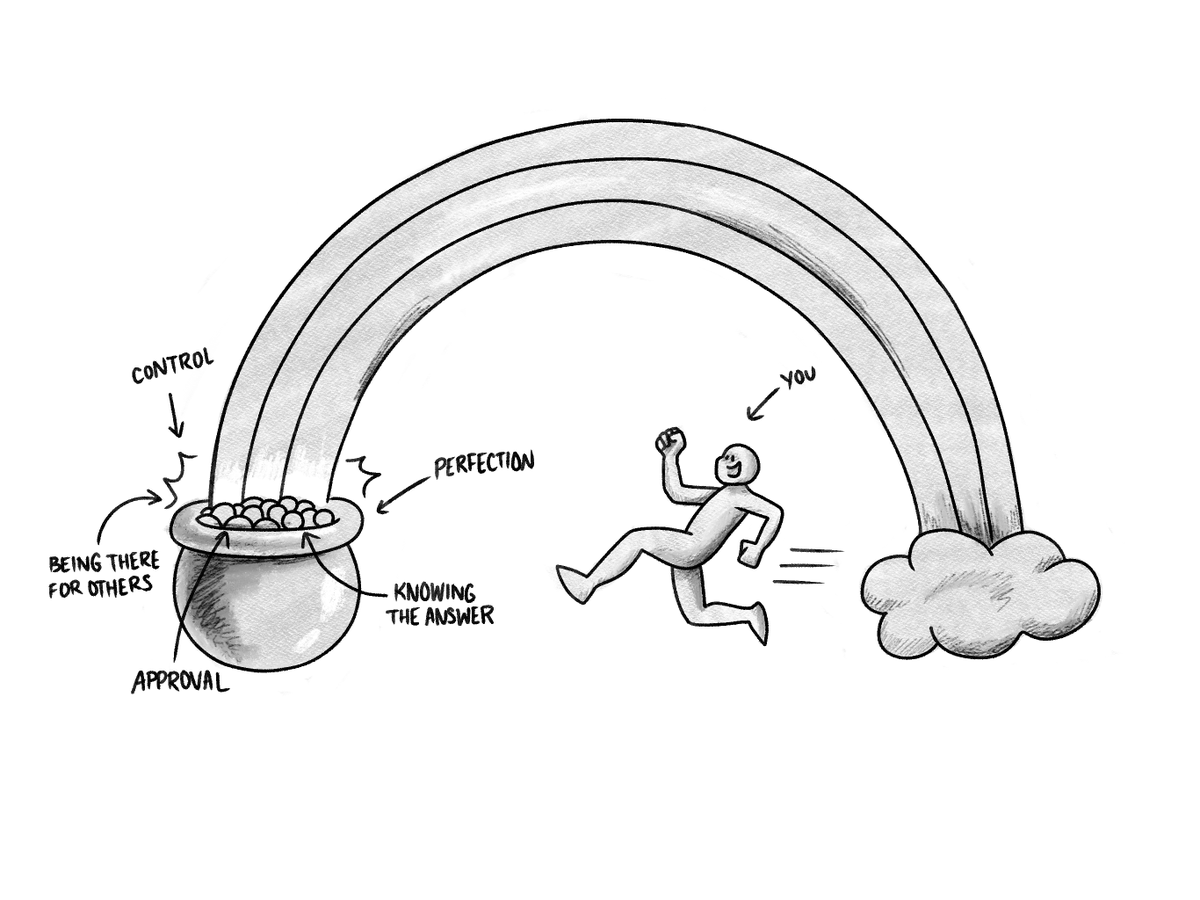Lots of generalized talk about anxiety now days. Awareness is a good thing, but tools, nuanced language and a path will get you 5000% further in anxiety management than just conversation. One powerful tool is a #Genogram.
1/
1/
#Genogram is like a family tree, but it captures emotional dynamics, generational traits, mental illness, addictions...
You present a genogram to a trusted group. They help you see patterns, assumptions, family propaganda, what you are holding, what is holding you.
2/
You present a genogram to a trusted group. They help you see patterns, assumptions, family propaganda, what you are holding, what is holding you.
2/
#Genograms give insight into what you carry into every encounter and what you assume about life. They are not interested in blame, but awareness. Unlike a family tree, they are not interested in objective history, but your subjective experience of it. How you see the world.
3/
3/
My favorite work and consulting is helping people with genograms because they are deeper tools that anyone can benefit from and they help us go from talking about it to deep transformation. Like all transformative tools, this one requires homework and digging deep. #WorthIt
4/
4/
• • •
Missing some Tweet in this thread? You can try to
force a refresh









